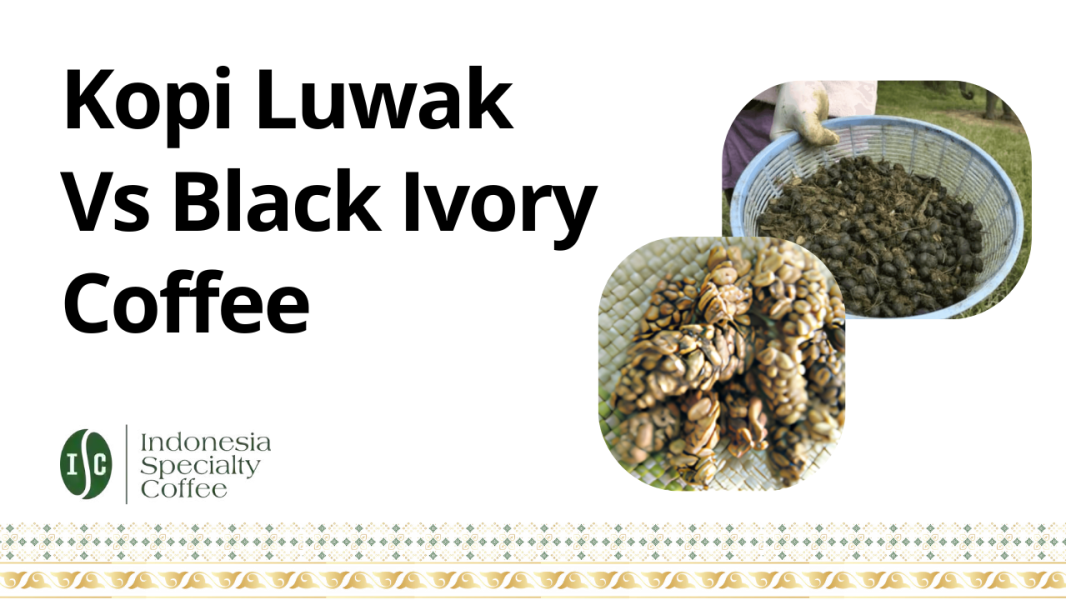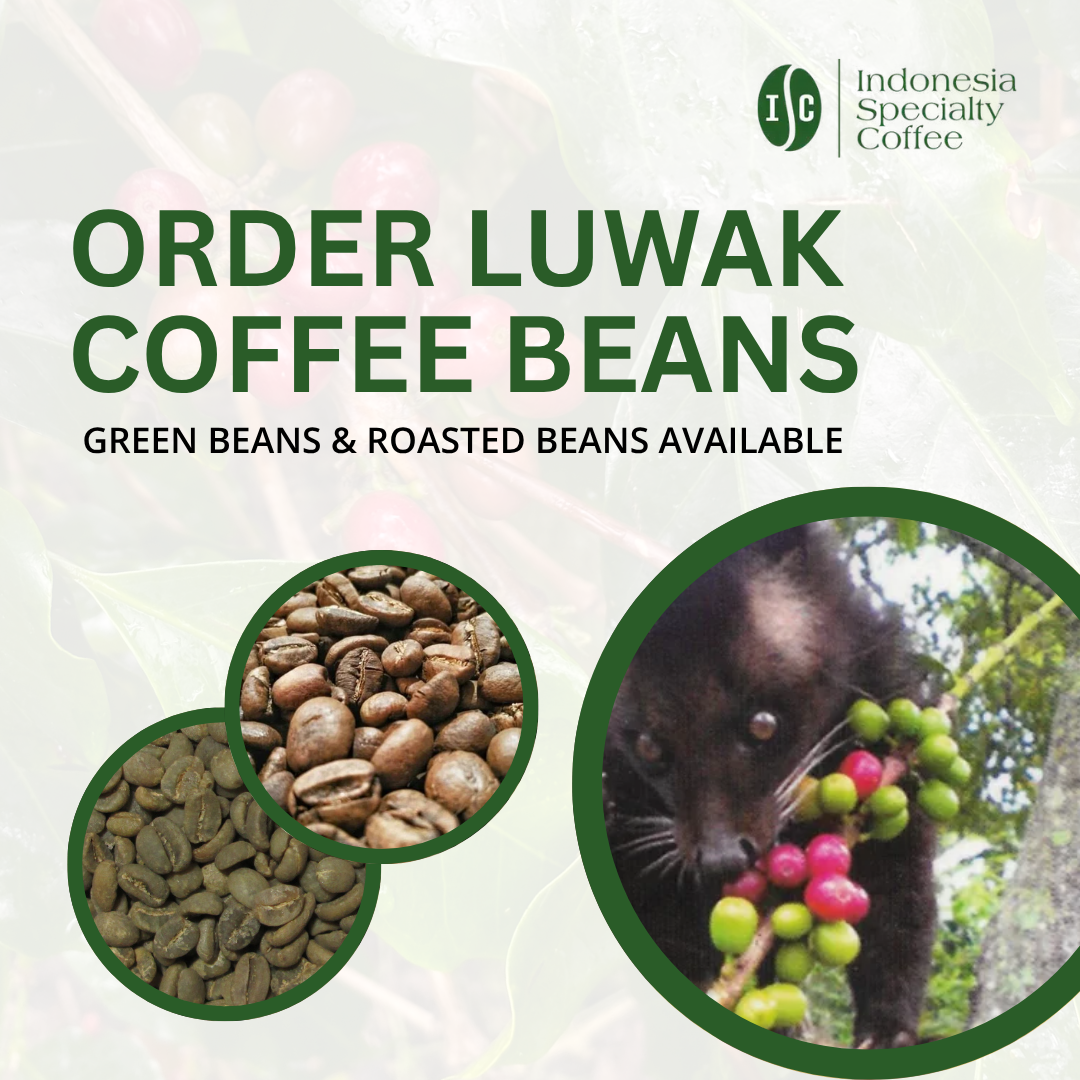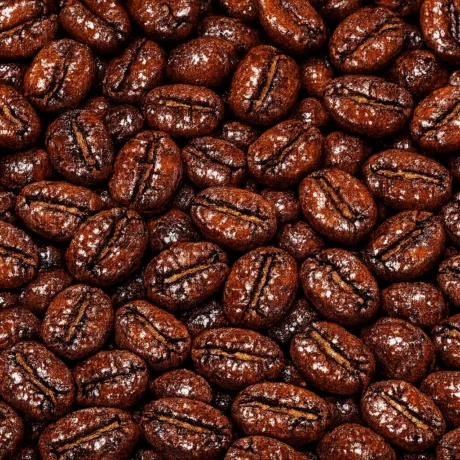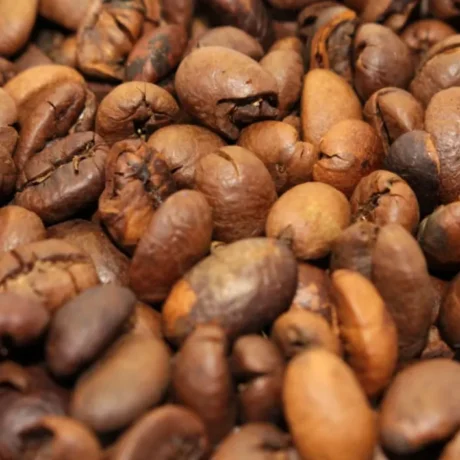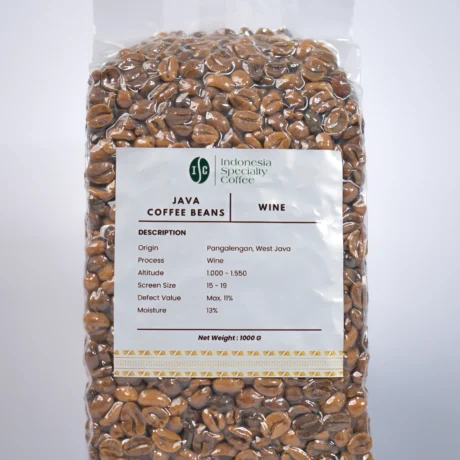In the realm of luxury beverages, few products capture the imagination quite like Kopi Luwak and Black Ivory Coffee. Both command astronomical prices and fascinate connoisseurs due to their shared, unconventional processing method: passing through the digestive tracts of animals. While their exotic origins provide a captivating narrative, they also raise significant questions about ethics, authenticity, and the very nature of luxury.
How Luwak and Elephant Transform The Coffee Beans
At the heart of both Kopi Luwak and Black Ivory Coffee’s allure lies the unique biological processes they undergo. For Kopi Luwak, coffee cherries are consumed by Asian palm civets. Research indicates that during digestion, proteolytic enzymes in the civet’s stomach penetrate the coffee beans, breaking down specific proteins. This enzymatic action is believed to reduce bitterness and alter the bean’s structure, allowing for a smoother, less acidic cup with notes often described as earthy, musty, syrupy, and hints of chocolate and caramel. The civet’s instinctive selection of only the ripest cherries also contributes to the perceived quality.
Similarly, Black Ivory Coffee involves Arabica beans consumed by elephants. The elephant’s prolonged digestion (12 to 72 hours) and fermentation process, facilitated by stomach acids and enzymes, are said to break down proteins that typically cause bitterness. This results in a coffee with a distinct flavor profile, featuring notes of cacao/chocolate, pu’erh tea, tamarind, date, plum, and a hint of tobacco, notably lacking the burnt or bitter taste often found in regular coffee.
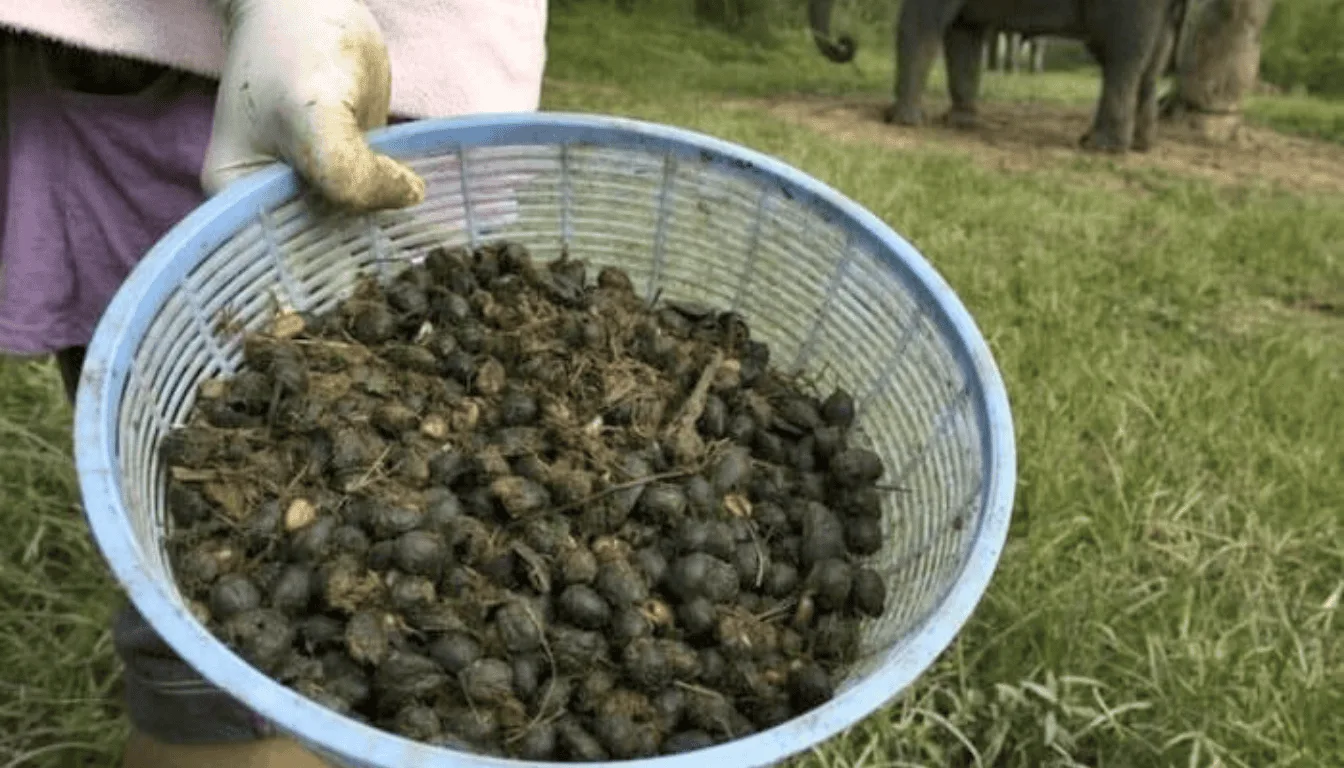

Ethical Landscape: Welfare and Sourcing
The animal involvement in these coffees inherently raises ethical questions. For Kopi Luwak, a significant ethical concern historically has been the rise of caged civet farms. These operations often subject civets to cruel, unsanitary conditions and force-feeding, leading to widespread condemnation. Genuine ethical Kopi Luwak is sourced from wild civets, where farmers collect beans from their droppings in natural habitats. Verifying this “wild-sourced” claim is crucial for consumers.
Black Ivory Coffee, on the other hand, emphasizes its commitment to elephant welfare. The company states it supports the families who care for the elephants, and a portion of sales is donated to elephant conservation efforts, including funding veterinary care for rescued elephants. They explicitly aim to turn human-elephant conflict into a positive, symbiotic relationship. This model, focusing on the welfare of cared-for animals within sanctuaries or with local families, presents a different ethical framework than the often-criticized civet farms.
Independent third-party certifications and rigorous auditing for animal welfare in coffee production are emerging, but remain challenging to consistently apply, especially for small-scale operations. Consumers must actively seek out transparent producers who provide verifiable evidence of their ethical practices, such as direct relationships with farmers and photographic/video evidence of natural habitats and animal well-being.
Our Coffee Luwak is ethically sourced from the wild
The Pinnacle of Luxury: Price and Market Appeal
Both Kopi Luwak and Black Ivory Coffee command exorbitant prices, making them some of the most expensive coffees globally. This is due to several factors:
- Rarity and Limited Supply: The production process is highly inefficient. For Black Ivory Coffee, approximately 33 kilograms of coffee cherries are required to produce just one kilogram of finished beans, as many beans are chewed or not fully recovered. Kopi Luwak’s wild collection is also labor-intensive and limited.
- Labor-Intensive Collection: Collecting the beans from animal waste requires meticulous effort.
- Unique Story and Exclusivity: Their unusual origin story creates an aura of mystique and exclusivity, appealing to a niche market of wealthy coffee connoisseurs, adventurers, and those seeking unique gastronomic experiences.
- Perceived Quality and Flavor: The purported superior taste and lack of bitterness contribute to their luxury status.
These coffees primarily target the ultra-luxury market, including high-end hotels, gourmet restaurants, and affluent individuals willing to pay a premium for rarity, story, and a distinctive sensory experience. Marketing strategies heavily leverage storytelling, emphasizing the unique origin, rarity, and the “once-in-a-lifetime” experience.
Authenticity and Supply Chain Vigilance
Verifying the authenticity of Kopi Luwak is particularly challenging due to its history of fraud. “Fake” Kopi Luwak, or coffee from caged civets marketed as wild, is prevalent. Consumers should look for:
- Producer Transparency: Companies that clearly show their sourcing and processing methods.
- Certifications: While not universally standardized, some local authorities or specialized bodies offer certifications for genuine wild-sourced Kopi Luwak.
- Analytical Testing: Scientific methods, like machine vision or metabolomics, are being developed to detect fraud by analyzing the bean’s chemical markers.
Black Ivory Coffee, being a more controlled operation with a specific brand, relies on its direct sales channels and partnerships with luxury hotels to ensure authenticity. Their limited production volume also helps maintain control over their supply chain.
Environmental Footprint and Future Sustainability
The environmental impact of these coffees varies. Historically, the demand for Kopi Luwak has, unfortunately, fueled the illegal capture and caging of civets, contributing to ecological imbalances and animal cruelty. However, genuine wild-sourced Kopi Luwak, when properly managed, can theoretically integrate into existing ecosystems without significant negative impact.
For Black Ivory Coffee, the environmental considerations are tied to elephant conservation. By partnering with elephant foundations and generating income for caretakers, the initiative aims to contribute positively to elephant welfare and potentially discourage harmful human-elephant conflicts.
The use of native Arabica beans and sustainable farming practices (like agroforestry in some regions where such initiatives exist, though not explicitly detailed for Black Ivory Coffee’s primary source) would further reduce their ecological footprint. The scalability of these coffees is inherently limited by the animal involvement, which paradoxically helps contain their environmental impact compared to large-scale monoculture coffee farming, but also poses questions about meeting increased demand ethically.
The Scientific “Refinement” and Its Mechanism
The “refinement” of coffee beans in animal digestive tracts is attributed to a combination of factors:
- Enzymatic Activity: Proteolytic enzymes (like pepsin and trypsin) break down proteins in the beans, reducing bitterness and potentially releasing flavor precursors.
- Fermentation: Microbial activity within the digestive system contributes to a unique fermentation process, altering sugars and other compounds.
- Acidity: The acidic environment can also play a role in breaking down certain components.
- Natural Selection: For Kopi Luwak, the civets’ preference for perfectly ripe cherries ensures high-quality raw material.
While anecdotal and sensory analyses strongly suggest flavor changes, ongoing scientific research continues to explore the precise biochemical mechanisms at play.
Conclusion
Kopi Luwak and Black Ivory Coffee represent a fascinating intersection of nature, luxury, and ethics. Their unique production methods undeniably create distinct flavor profiles that appeal to a niche market. However, their journey from animal digestive tract to discerning cup is fraught with ethical complexities, particularly concerning animal welfare and authenticity. As consumers, understanding the science behind their “refinement,” scrutinizing ethical claims, and supporting transparent producers are paramount to truly appreciating these rare and remarkable brews. They serve as a powerful reminder that behind every exotic luxury, there is a story that demands our informed consideration.

